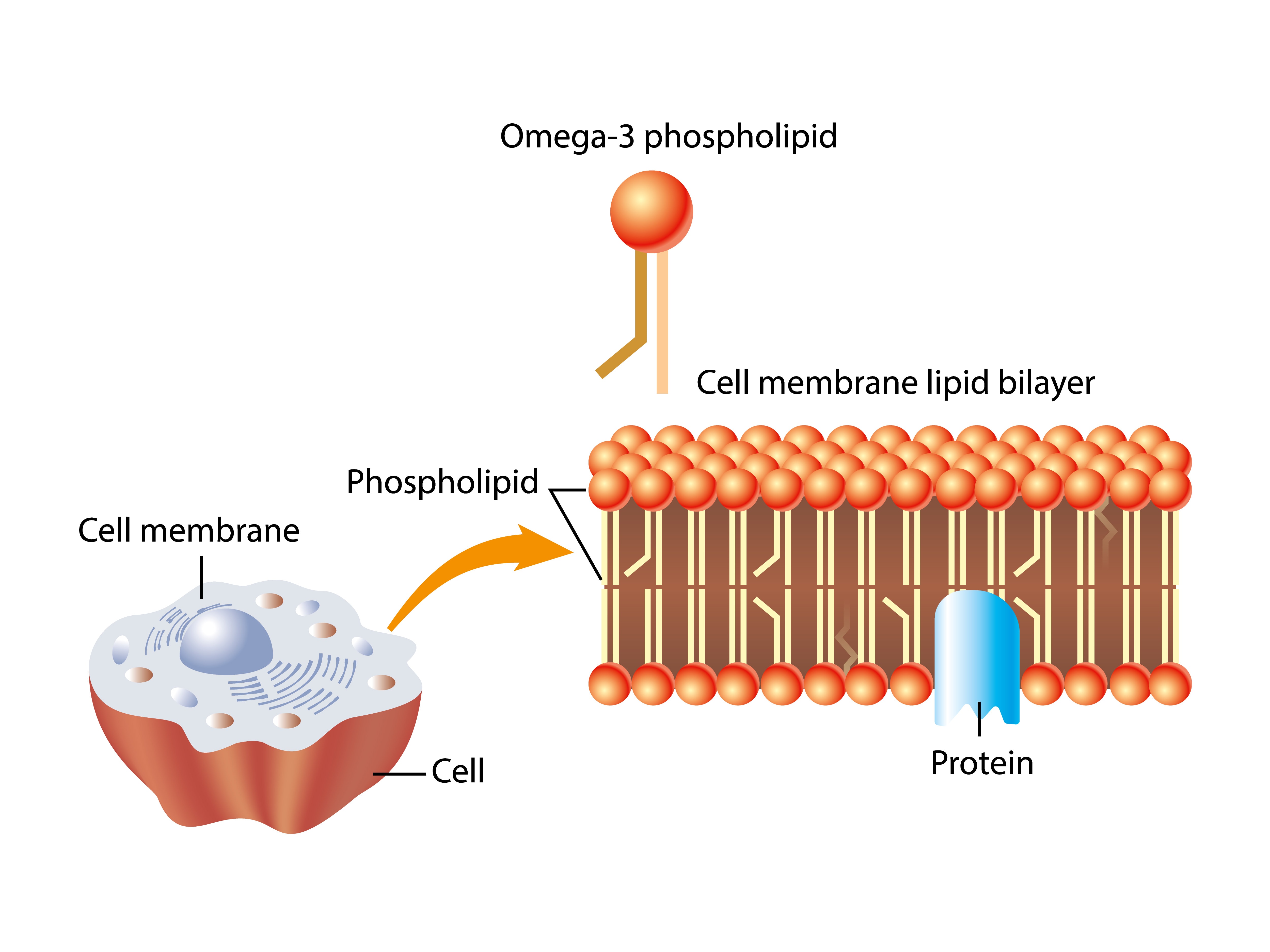Most doctors will not be concerned if your child’s cholesterol levels are low because of the current (misguided) medical thinking about high cholesterol and heart disease.
However, low cholesterol is definitely a red flag for many children and adults who have levels below 160 when the optimum range is typically seen as 180 to 200.
Fortunately, through the excellent work of William Shaw PhD and Great Plains Laboratory, low cholesterol is now being recognized in children with autism.
There is also a genetic disorder called Smith-Lemli-Opitz Syndrome (SLOS) found in children who lack a particular enzyme that manufactures cholesterol in the body.
These children have extremely low levels of around 50 or 60, and many of them also have symptoms of autism.
Why Cholesterol?
Cholesterol makes up about 30% to 40% of our cell membrane, which assists our cells in cell-to-cell communication by creating a strong membrane structure for our cells ensures a strong overall metabolism.
It is also critical to many important functions such as:
- Production of the myelin sheath, which insulates the nerve fibers crucial for nerve function in the brain and central nervous system
- Precursor to all sex hormones: testosterone, estrogen, progesterone, DHEA, and gonads
- Production of cortisol, which is the stress hormone that helps control inflammation and regulates sodium and potassium levels in the body
- Production of adrenal glands hormones, which control the fight or flight emotion
- Production of fat soluble vitamins A, D, E, and K
- Brain functioning to help modulate gamma-aminobutyric acid (GABA), to maintain serotonin in the brain and to insulate neurons
- Production of bile salts which facilitate getting the fatty acids from the GI tract into the cells
- Movement of healthy bile flow is needed for fat absorption
- Activation of a developmental protein called Sonic Hedgehog (SHH)
- Development of T-cells in the thymus which regulates the immune system
The Autism Link
Children with autism that have low cholesterol can have:
- Aggressive and self-injurious behaviors
- Behavioral problems
- Irritability
- Sleep issues
- Skin rashes
- Cognitive problems
- Learning problems
- Low muscle tone
- Lack of growth spurts
- Speech difficulties
- Tactile sensitivities
- Increased rate of infections
- Social withdrawal
Once cholesterol levels begin to rise, these symptoms will begin to improve.
Eggs are one of the most effective ways to increase cholesterol because they have 250 mg of it in each egg.
However, if your child is allergic or sensitive to eggs (which many children today are), New Beginnings sells Sonic Cholesterol which is 250 mg of non-egg derived pure cholesterol that can be ordered through Kurt Woeller D.O.
Wild salmon can also be added to your child’s diet and nutritional supplements such as phosphatidylcholine (PC) and essential fatty acids (EFAs).
To create a healthy bile flow in order to improve fat absorption, taurine and glycine may be necessary to supplement.
Cholesterol levels will increase slowly, but cognitive, behavioral and other changes may happen quickly.
Cholesterol Screening
The Advanced Cholesterol Panel offered at Great Plains Laboratories is a very thorough screening for children with autism because it not only measures total cholesterol but also important markers for cholesterol transport which include:
- Apolipoprotein A-1 (Apo A-1)
- Apolipoprotein B (Apo B)
- Lipoprotein
- Homocysteine
If your child has PANDAS or PANS it may be advisable to check their cholesterol levels.
Still Looking for Answers?
Visit the Epidemic Answers Practitioner Directory to find a practitioner near you.
Join us inside our online membership community for parents, Healing Together, where you’ll find even more healing resources, expert guidance, and a community to support you every step of your child’s healing journey.
Sources & References
No sources & references currently available.
Resources
No resources currently available.
